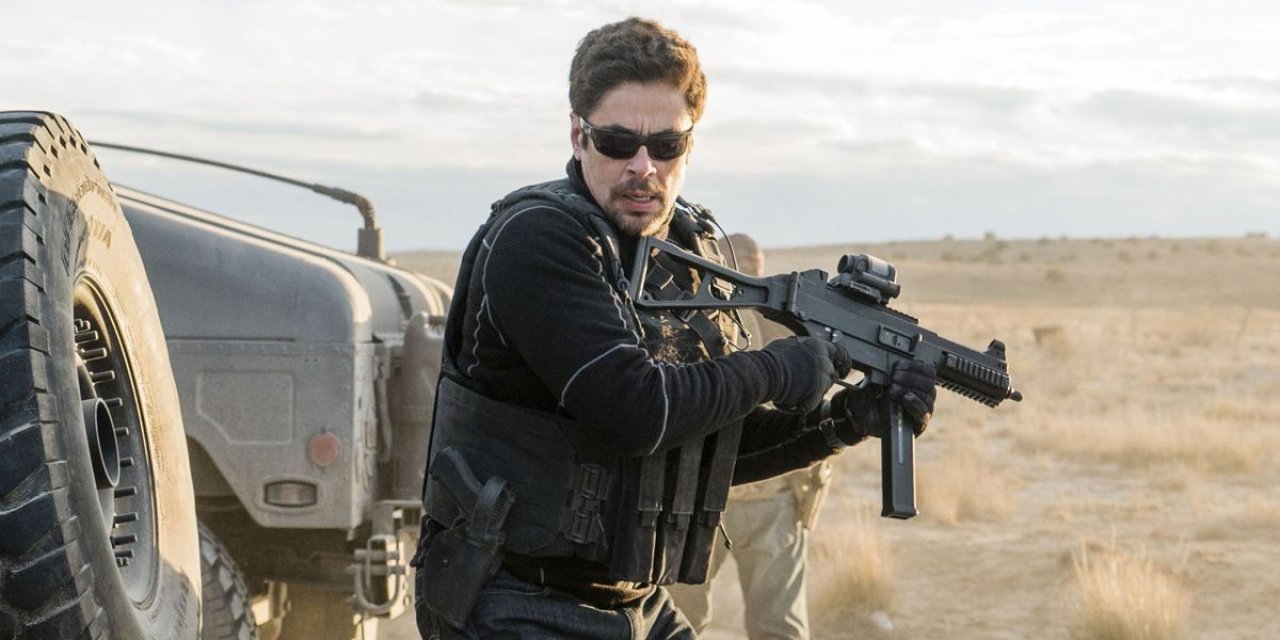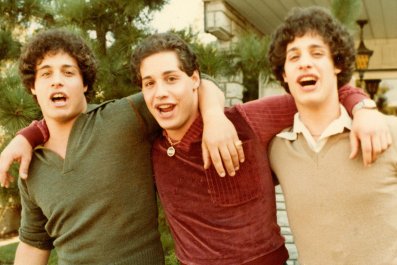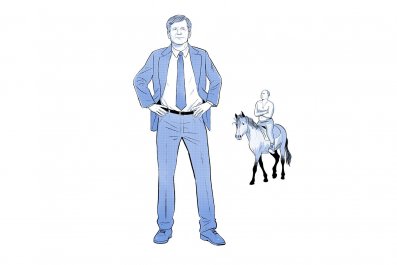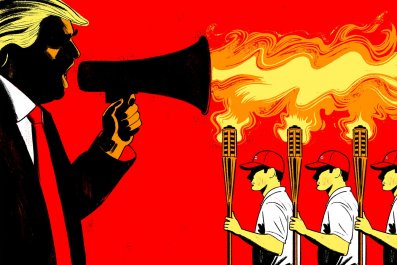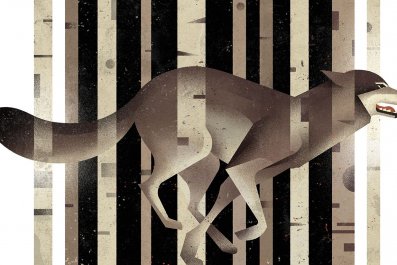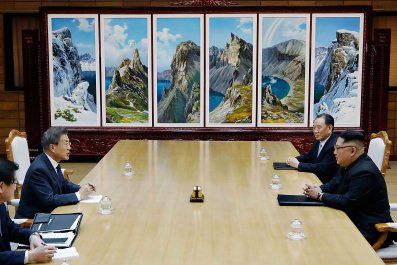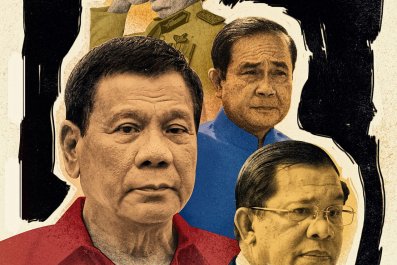For tension and thrills, few 2015 films surpassed Sicario. Written by Taylor Sheridan and directed by Denis Villeneuve, it hit the indie film trifecta: critical raves, multiple Academy Award nominations and a tidy profit of close to $85 million—nearly triple its budget. The studio, Lionsgate, quickly promised a sequel.
Sicario took place on the Mexican border, with the FBI, Department of Justice and Drug Enforcement Administration attempting to bring down the head of a brutal Juárez drug cartel. The film starred Emily Blunt as Kate Macer, a virtuous FBI agent enlisted by Matt Graver (Josh Brolin), the eccentric, flip-flop-wearing head of a government task force that includes Alejandro Gillick, a secretive lone wolf agent played chillingly by Benicio del Toro. They get their man, but the methods employed by Graver and Gillick (who had a personal stake in the operation—his family was killed by the drug lord) leave Macer questioning her job.
And thus, there is no Blunt in the high-octane sequel, Sicario: Day of the Soldado. As director Stefano Sollima puts it, her character provided the "moral judgment" in a drug war operating on the far margins of country and law, and returning screenwriter Sheridan has discarded the moral compass. The story this time centers on del Toro's Gillick. He and Graver are now dealing with Mexican drug cartels bringing terrorists into the U.S. Their plan: to instigate a war between rival cartels by kidnapping a powerful kingpin's teenage daughter (Isabela Moner)—a job to be carried out by Gillick.
But in a smart twist, the vengeful murderer of Sicario becomes the protector when Gillick sees his own murdered daughter in the girl he kidnaps. As with the original film, the plot is dense with detail and demands close attention, and the spare, desolate desert landscape is beautifully shot. Very soon, too, it's stained with blood, as Soldado unfolds in a flash of roadside executions and paper-thin escapes.
"We put Alejandro in a really difficult situation," says Sollima. "To prevent war, he has to create a war." The filmmaker says he was fascinated by the paradoxes of del Toro's character. "What was interesting was to discover a million different nuances in a man he already portrayed. Everything he does—it seems to be animated by revenge. And then, he goes against everything he believes. Basically, it's going against the mission."
Film is a family business for the 52-year-old Sollima: His father, the late Sergio Sollima, directed '60s spaghetti Westerns like The Big Gundown (which shares a release year and co-star with The Good, the Bad and the Ugly). If you've seen the younger Sollima's work on the acclaimed series Gomorrah (Netflix) or the 2012 film ACAB—All Cops Are Bastards, you know that he shares his father's gritty sensibility. (Day of the Soldado is his first English-language film.)
"I'm attracted by crime because I love to tell stories of antiheroes," says Sollima, speaking by phone in a deep Italian accent (character, for instance, pronounced with heavy emphasis on the second syllable). "I like to tell stories about people who make bad acts. Not bad people. People that for different reasons are on the other side [of the law]."
He's found a perfect match, then, in Sheridan, who is fascinated by bloodshed and betrayal on the modern frontier. "There's not a lot of pure evil in the world, but it's amazing how little it takes to do great damage," the actor turned screenwriter told Newsweek last year, in an interview for Wind River. "Most of us don't confront pure anything. What our life does involve is a whole lot of 60/40 and 70/30. Bad people sometimes do good things, and good people do bad things."
Indeed, Del Toro delivers a compellingly deranged antihero; his bullet-splattered final scene is worth the ticket fee. As good as he is, though, it's Sheridan's sharp script, again, that elevates the story beyond the violence and tropes of most drug tales. "He's a brilliant writer who guarantees you an incredibly high level of quality," says Sollima.
Sheridan's previous scripts probe real issues that fracture families (mortgage fraud, entrenched racism, sexual assault in Native American communities), but the timing of the Sicario sequel is eerie: It's impossible to watch in mid-2018 without thinking of the real border crisis dominating headlines, with immigrant children being separated from their parents and kept in cages. Soldado take place on a heavily militarized border, where migrants will do anything to get their families safely to the other side, and both films feature a U.S. government willing to abandon moral norms for the sake of enforcing law—a part our real government seems to be playing now. "What's the morality inside this monster [President Donald Trump] for separating children from their parents?" the Puerto Rican–born del Toro told Vanity Fair on the Soldado red carpet. "I don't know. The bottom line: This has to stop."
Sollima dodges questions about U.S. immigration policies; his film, he says, speaks to universal issues.
"It's so relevant, it goes beyond politics. This has to do with human beings. It's the same all over the world. They pay money, they risk their lives, they die—for a dream. And the dream," adds Sollima, "is to live a better life."



